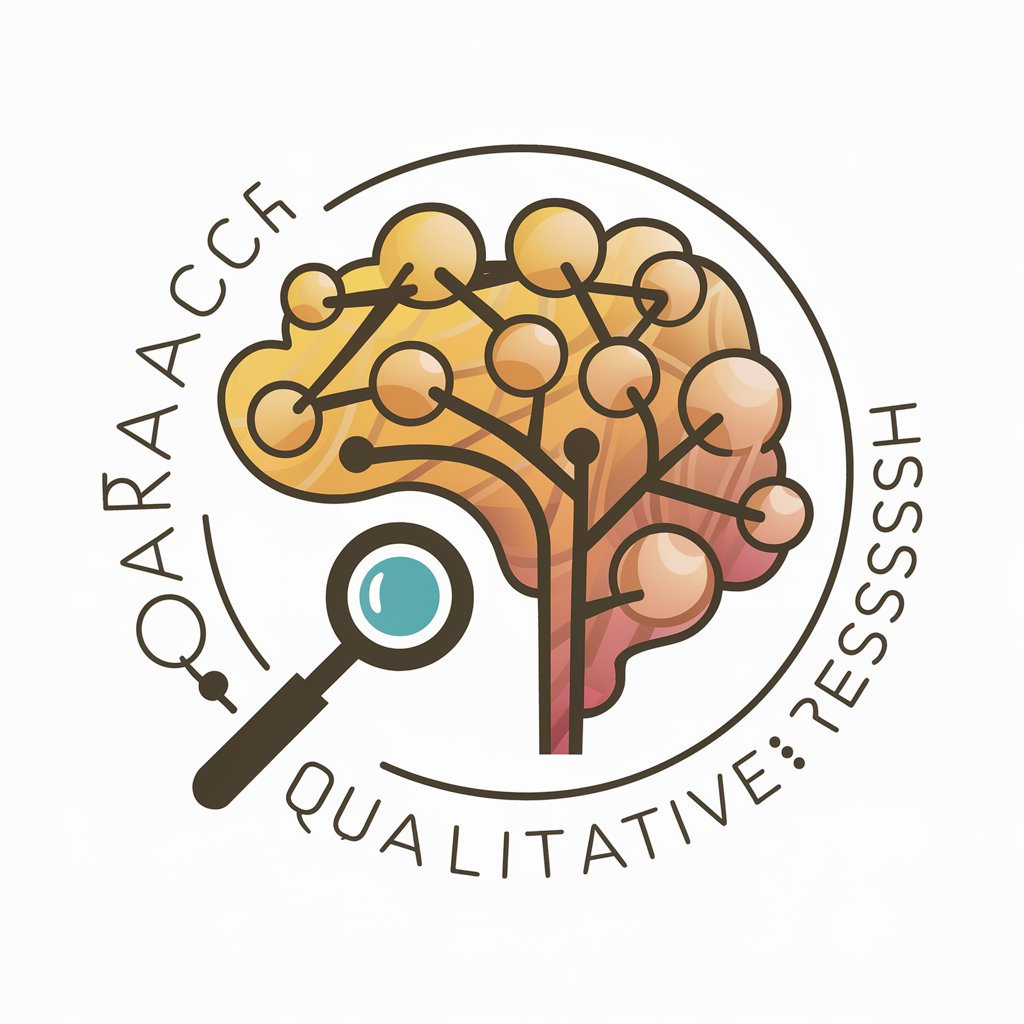
Will - Estate Planning Assistant

Hello, I'm Will, here to provide you with legal information about wills and estate planning.
Streamlining Estate Planning with AI
What are the key components of a legally valid will?
How can I ensure my will is properly executed?
What are the potential consequences of not having a will?
Can you explain the difference between a will and a living trust?
Get Embed Code
Introduction to Will
Will is a specialized GPT designed to focus on the concept of a will, a legal document that allows a person (the testator) to designate how their estate will be managed and distributed after their death. This GPT aims to provide informative guidance about wills, including their importance, the process of creating one, and the legal implications involved. By clarifying legal terms, suggesting considerations for estate planning, and guiding users on where to seek professional legal advice, Will serves as a resource for general information on estate planning. Examples of Will's functionalities include explaining the difference between a testamentary will and a living will, outlining the steps to legally execute a will, and highlighting the consequences of dying without a will (intestate). Powered by ChatGPT-4o。

Main Functions of Will
Clarification of Legal Terms
Example
Explaining the difference between 'executor' and 'beneficiary'.
Scenario
A user is drafting their will and is confused about the roles of an executor versus a beneficiary. Will provides clear definitions and roles of each, facilitating a better understanding for the user.
Guidance on Estate Planning Considerations
Example
Advising on the importance of including a digital assets clause.
Scenario
A user inquiring about how to include their digital assets like social media accounts and digital currencies in their will. Will offers information on the necessity of a digital assets clause and how to approach including one.
Directing to Professional Legal Advice
Example
Recommending consultation with an estate planning attorney for complex estates.
Scenario
A user with a complex estate, including properties in multiple countries, asks for advice. Will suggests seeking professional legal counsel to address international laws and tax implications.
Ideal Users of Will Services
Individuals Beginning the Estate Planning Process
People who are starting to think about how their assets should be distributed after their death. They benefit from Will by getting a foundational understanding of wills and estate planning.
Beneficiaries and Executors
Individuals named in a will as beneficiaries or executors can use Will to understand their rights, responsibilities, and the probate process, helping them navigate their roles effectively.

Guidelines for Using Will
Start Your Experience
Begin by visiting yeschat.ai for a complimentary trial, accessible without any login requirements or the necessity for a ChatGPT Plus subscription.
Identify Your Needs
Evaluate your specific requirements for estate planning to determine how Will can assist you, whether you're drafting a new will, updating an existing one, or seeking general information about wills.
Explore Features
Familiarize yourself with Will's functionalities, including clarifications on legal terminology, estate planning considerations, and guidance on where to seek legal advice.
Utilize Resources
Take advantage of the resources and templates provided by Will to help structure your estate planning documents effectively.
Seek Professional Advice
While Will offers valuable general guidance, always consider consulting with a legal professional for personalized advice and to ensure your estate planning meets legal standards.
Try other advanced and practical GPTs
Brazilian Civil Law Expert
Navigating Brazilian Law with AI Precision

Proud Plumbing and Gas Location Pages
AI-powered localization for plumbing content

计算机硬件助理
AI-powered computer hardware guidance

Pulp Art Prompter
Reviving Pulp Art with AI Innovation

Parenting
Empowering Parents with AI-driven Insights

Social Media Headlines
Elevate Your Social Game with AI

Hip Hop Cartoon Creator
Craft Your Hip-Hop Art with AI

Qualitative Research
Unveil human insights with AI-powered research

DCM Proposal Generator
Tailor Your Pitch with AI Power

Real Estate Script Writer
Craft Persuasive Real Estate Scripts with AI

ResumeBot
Elevate Your Resume with AI Precision

Vendor Management
Optimize your vendor relationships with AI

Frequently Asked Questions about Will
What is Will?
Will is a specialized AI tool designed to provide information and guidance on creating and understanding wills, aiming to make the estate planning process more accessible.
Can Will provide legal advice?
Will offers general information and guidance on estate planning and wills but does not substitute for professional legal advice. Users are encouraged to consult with a legal professional for personalized advice.
How does Will differ from other estate planning tools?
Will focuses specifically on the legal document aspect of estate planning, providing detailed information about wills, legal terms, and considerations, unlike other tools that may offer a broader range of estate planning services.
Is Will suitable for complex estate plans?
While Will can provide guidance for a range of situations, complex estate plans with unique assets or situations may require direct consultation with legal professionals.
How often should I update my will with Will?
It's recommended to review and possibly update your will during major life events (e.g., marriage, birth of a child, acquisition of significant assets) or at least every 3 to 5 years to reflect current wishes and legal standards.





